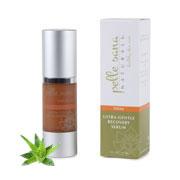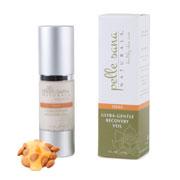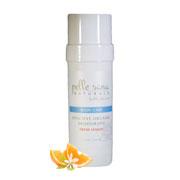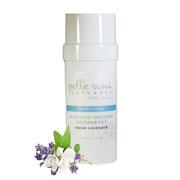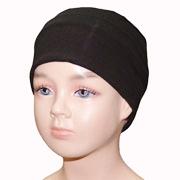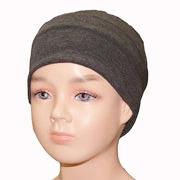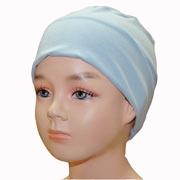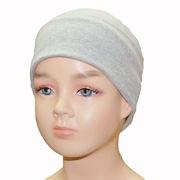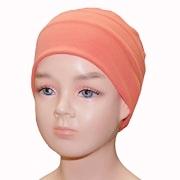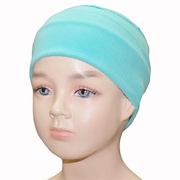Teens with cancer often face a great deal of stress associated with temporary or permanent changes to their appearance as a result of cancer therapies or the disease itself. In some instances children with cancer have reported that such changes have been the most stressful issue of their cancer experience. These devastating changes can result in psychosocial consequences that affect quality of life, such as reduced self-esteem, increased self-consciousness, problems with social interactions and relationships with peers, body image concerns and a sense of social isolation.
Dry, itchy, flaky skin, red and patchy spots, dark circles, hair loss, and loss of facial hair, (eyebrows and lashes), skin complaints, scaring, amputations, weight changes and puffiness from steroids, as well as a tender itchy scalp are a few of the side effects that you may experience from your treatment. Prevention of infection and bleeding is crucial during treatment. It is important to learn how to properly care for your scalp and skin, by using products (link) with safe ingredients. You should substitute brushes with disposable tools when applying cosmetics and learn the steps to proper nail care.
Marianne had both a 14-year-old sister and a 4-year-old daughter with cancer. She knows first-hand that these are unique challenges. Marianne found that physical appearance support is critical for teens, and the knowledge on how to address some of the changes empowers family members and caregivers to reinforce that support.


